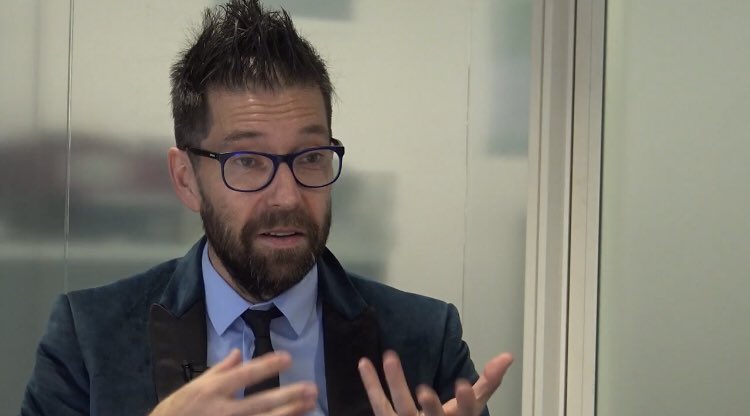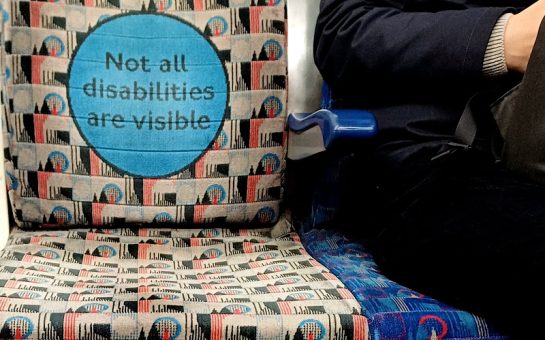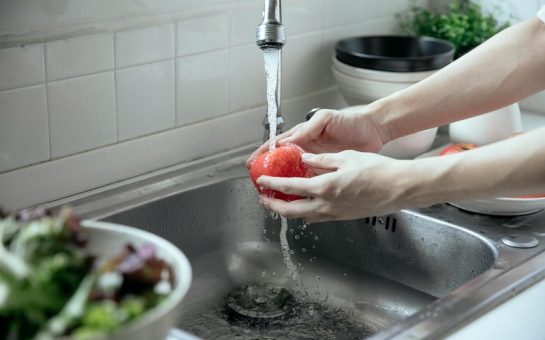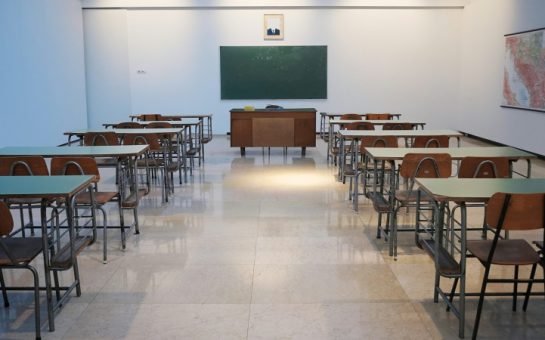For Jessica, a single mum of two suffering from an incurable form of bone cancer, the cost-of-living crisis has taken its toll.
Forced to start using credit cards and transferring money from account to account to avoid falling into unarranged overdrafts, Jessica holds down three jobs, but still struggles to afford the most basic items.
She said: “My quality of life and that of my two children has significantly declined. I already get into my overdraft before I receive Universal Credit or a salary from my other jobs and I’ve been forced to use credit cards just to buy food.
“I’m cold more often and my joints hurt more and I don’t have my heating on as high as last year. If I’m working from home, I use blankets for as long as I can bear and have had to stop buying clothes, unless it’s a school uniform for my 15-year-old.
“I’m very lucky in that my dad can help me periodically, and he bought me a new freezer when mine broke down recently. I’ve received food parcels and vouchers from my friends, but it’s embarrassing at times.”
With no access to sick or annual leave pay, the stress of being unable to meet rising bills has left Jessica, who was recently prescribed medication by her GP to help combat stress, feeling anxious.
Desperate to find a way to continue paying her energy bills without falling into debt, the mum of two recently applied for Personal Independence Payment (PIP), but has been warned by a charity supporting her claim that, despite suffering excruciating pain, she is unlikely to qualify.
She said: “My outgoings have increased by £430 a month including credit cards. I’ve got no choice but to fund Christmas using them this year. I received £160 in Universal Credit this month as I’ve taken on more hours at work.
“I’m forever chasing my tail and have nothing to look forward to unless my family treats me or I choose to get further into debt. At a time when I want to make memories with my children, I can’t reduce my budget any more.”
Jessica’s situation is not unique. With households across the UK at risk of being pushed further into poverty as the cost-of-living crisis deepens, charities are warning of catastrophic impacts for disabled people.
According to research from the National Energy Action, the number of disabled people thought to be in fuel poverty is expected to increase from 900,000 in March, to more than two million by the end of the year.
It follows the government’s decision to remove the right for people claiming Disability Living Allowance, Personal Independence Payment or Attendance Allowance to claim the Warm Homes Discount.
A one off discount of £150 on electricity bills between October 2022 and March 2023, the decision is expected to exclude more than 200,000 disabled people who rely on the scheme for crucial support.
Meanwhile, according to the Office for National Statistics, 10% of disabled people have resorted to borrowing money from friends and family to make ends meet, with disability charity Scope warning three million people face an average shortfall of £376 a year.
It follows a report from the Food Foundation in February which found people limited by disability are five times more likely to be food insecure than those who aren’t living with a condition that impacts mobility.
Campaigns and Policy Officer for the London-based Disability Rights UK Dan White explained his work had been taken over by the cost-of-living crisis which is gradually, impacting all areas of the lives of disabled people.
He said: “Disabled families and individuals are making dark choices which will have incredibly negative repercussions on their health in the future, from switching off vital equipment to save energy, to skipping means to even skipping medication to save money.
“People will not survive this winter unless the Government works with organisations such as Disability Rights UK and understands and gets to grips with the reality facing many disabled households.”
A carer for his disabled daughter, Dan has been forced to switch off the central heating in the family home in a bid to cut down on costs, despite his daughter needing to stay warm as a result of her weakened immune system.

In a bid to cut down on energy, the family are living in two rooms while the rest of the home remains unheated and in darkness, with a hairdryer used to gently maintain the circulation in Dan’s daughter’s feet, which would otherwise remain swollen in the cold.
Dan added: “Debt has always been there for disabled people, there have never been adequate benefits for the community and there have always been tabloid stereotypes which aim to demonise the disabled.
“From the conversations I have been having with both individuals and other organisations poverty has increased year on year which, coupled with a refusal to raise benefits in line with inflation until April next year, has seen the situation go beyond desperate.“
Research published by Scope in March this year revealed that disabled people are more than twice as likely to have a cold house, with more than 76% having to cut household spending amid rising living costs.
A survey of more than 1,000 disabled adults found that two thirds have seen energy bills rise in the past three months, with almost half of those saying that this had a worsening effect on their health.
In response to the rising living costs facing disabled people, the Government recently announced a one-off payment of £150 for six million people paid qualifying disability benefits as part of a wider package of support.
Introduced in September, the Cost of Living payment came on top of other payments which total £650, including £400 for all households to help pay energy bills and an additional £150 for properties in Council Tax bands A-D.
Now Scope is urging the Government to introduce a Social Tariff for disabled customers with discounted rates for those who need to use more energy, and to reverse the eligibility changes made to the Warm Home Discount.
Policy Manager at Scope, Tom Marsland, said: “Life costs more if you are disabled. Thousands of disabled people are forced to pay high energy bills to power lifesaving equipment every day.
“We’ve heard from disabled people who can’t afford to shower. Others are skipping meals so their children can eat. This is the reality for many disabled people now.
“With energy prices and inflation soaring out of control, disabled people who have no choice but to pay for their high usage are facing astronomical bills.
“Mammoth energy bills are forcing many disabled people to put their mental and physical health in jeopardy. If you had to choose between powering your ventilator or eating – which would you pick?”
Featured image credit: Gratuit under CC BY 3.0




